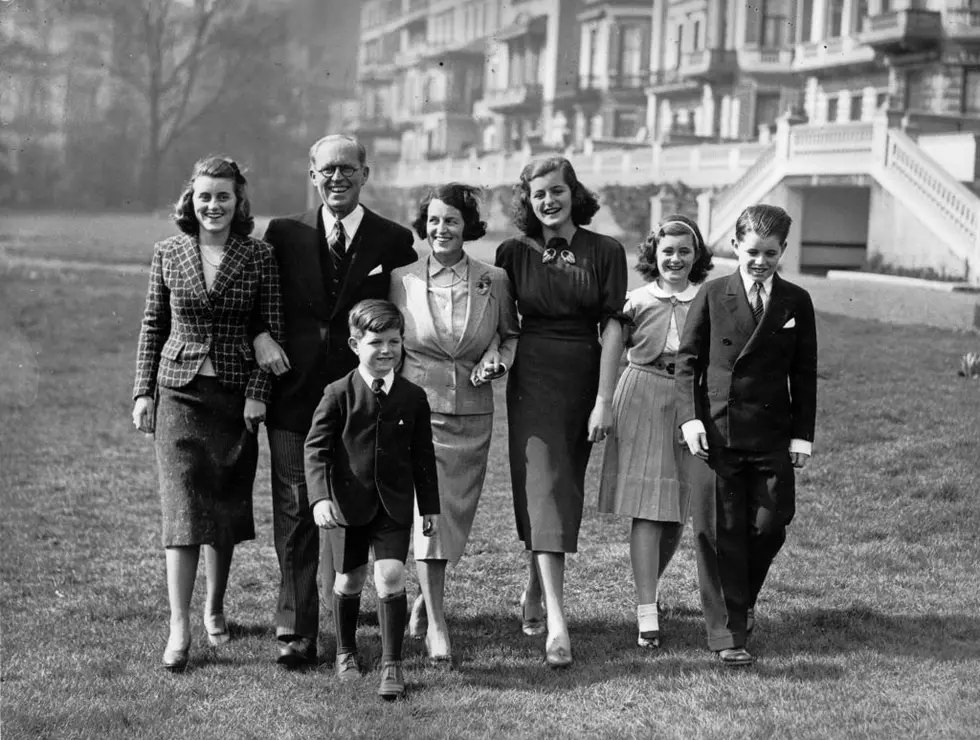![Should We Keep the Electoral College? [PHIL-OSOPHY]](http://townsquare.media/site/518/files/2019/04/GettyImages-165960359.jpg?w=980&q=75)
Should We Keep the Electoral College? [PHIL-OSOPHY]
Let's start with the nuts and bolts of the American system. By design, and unlike any other, states, and not individuals are the source of our power. Even though some have been chipping away at this, it was the states that created the federal government, so the Constitution gives the states, not individual voters, the right to choose the president.
This is under attack.
Some are saying the Electoral College distorts the popular will of the people. The Electoral College vote has generally reflected the popular vote, but not always. Since 1900, there have only been two presidential elections, 2000 and 2016, in which the loser had more votes than the winner.
The Democrat lost in both instances, which I think is behind a push to change the system.
Democrats want presidential elections based on popular vote, but that sometimes isn't the majority. Several presidential candidates won a plurality of votes rather than a majority, including John F. Kennedy, Richard Nixon and Bill Clinton (twice). It was the Electoral College that legitimized their victories, even though they didn't win a majority of votes.
Presently, candidates like U.S. Sen. Elizabeth Warren and others argue that America should elect presidents by a national popular vote. Some believe that any defense of the Electoral College is wrong.
Here's why I disagree with them.
We are an equal representative government, regardless of how populated a state is. Less populated states are understandably concerned that they would be overshadowed by larger populated states. So the Constitution gives equal protections, regardless of size, by giving every state two U.S. senators. It's a protection for the minority states against what's referred to the tyranny of the majority.
In a pure democracy, the majority can do whatever it wants. But with our system, every state counts and so does every individual vote because on Election Day, voters in each state select their state's Electoral College Electors by casting their ballots for the presidential candidate of their choice.
Some are pushing a workaround known as the National Popular Vote Compact, or NPVC, legislation that requires a state's electors to vote for whoever wins the national popular vote. Let me ask you, if your state votes overwhelmingly for a particular candidate, wouldn't you want your state's electors to support that candidate and not someone who won in another state?
So far, 13 states plus the District of Columbia, all of which are blue, with a total of 184 electoral votes have passed the NPVC legislation, but it doesn't go into effect until 270 electoral votes join the NPVC movement.
Fortunately, only a constitutional amendment can change the Electoral College, and the framers made that process very difficult in order to limit the majority's ability to ride roughshod over the minority.
Phil Paleologos is the host of The Phil Paleologos Show on 1420 WBSM New Bedford. He can be heard weekdays from 6 a.m. to 10 a.m. Contact him at phil@wbsm and follow him on Twitter @PhilPaleologos. The opinions expressed in this commentary are solely those of the author.
More From WBSM-AM/AM 1420






![Michael Collins Took Us to the Moon and Back – Literally [OPINION]](http://townsquare.media/site/518/files/2021/04/GettyImages-1163007039.jpg?w=980&q=75)
![U.S. Capitol Siege Should Serve as a Warning [OPINION]](http://townsquare.media/site/518/files/2021/01/GettyImages-1294949440.jpg?w=980&q=75)
![It’s Basically Hijacking Democracy [PHIL-OSOPHY]](http://townsquare.media/site/518/files/2020/11/GettyImages-1285530007-1.jpg?w=980&q=75)
